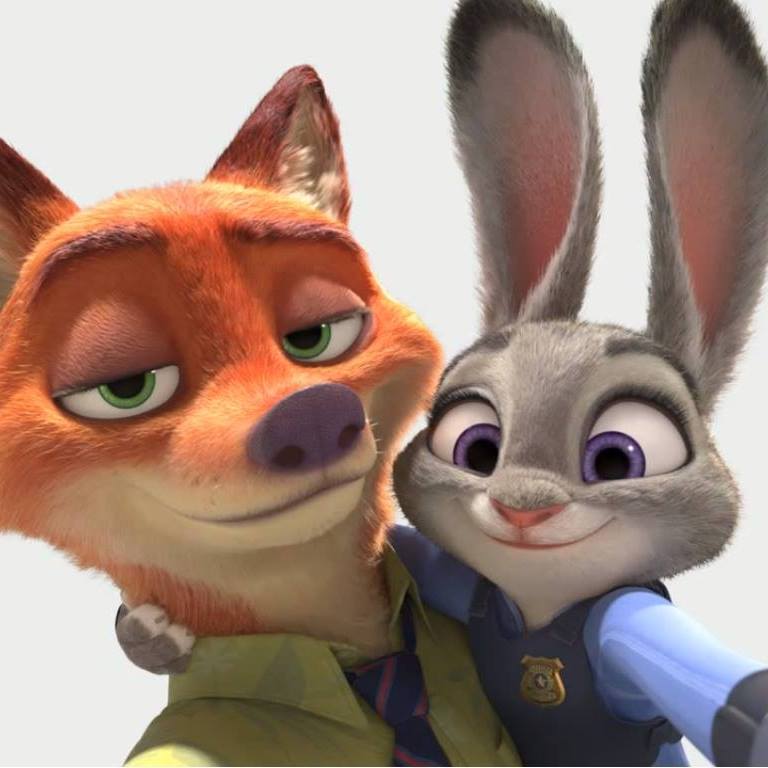facebook.com/DisneyZootopia
Disney’s “Zootopia” broke a box office record this weekend, earning $73.7 million, surpassing “Frozen’s” $67 million earned on its opening weekend.
The quirky yet culturally-relevant new release “Zootopia” dominated the box office by reaching $73.7 million during its opening weekend alone. Unlike other recent animated films that have shown less success such as Disney’s own “Tomorrowland” and “The Good Dinosaur,” this film shows immense promise.
The “Zootopia” world features a clever mix of archetypal Disney tropes blended with witty pop culture references, and feels like an authentic Disney classic. Although the film is overflowing with humor, including a scene at the DMV which is ironically run by sloths, it’s strategic in its undertone.
The premise of the film follows a young and eager bunny rabbit named Hopps, who leaves her large family behind to prove she can make it in the big city. The concept of Zootropolis aims to portray a world in which mammals have evolved beyond their traditional predator/prey relationship in order to form a fully functioning society.
The intricate ecosystem they’ve built exemplifes how discrimination of any kind is unethical and holds a society back from their full potential. The idealistic and somewhat naive Hopps enters Zootropolis with the intention of fulfilling her lifelong dream to become the first bunny officer on the police force, and she does just that.
Although she’s still in awe of her new life, she soon experiences the demeaning nature in which her coworkers treat her with. The audience first witnesses the underlying focus of the film when Hopps coworkers refer to her as “cute” to which she responds with, “I’m not just a token bunny,” beginning a potent feminist streak.
Among other scenes, this sets up the audience to think of this movie in relation to our society today and how it is plagued with bigotry. Whether intentional or not, the film brings up the topic of policing, a topic of much discussion in recent years.
Inherent racism is shown in several scenes, one of them being a mother pulling her children closer to her when a tiger sits next to them on the subway. The film tries to give the audience a nuanced understanding of how this sort of prejudice works and just how common it is. By using unmistakable satire to present these factors through the lives of animals, it allows the audience to compare this prejudice to our current era and put things in perspective. In the words of Officer Judy Hopps, this is a place “where anyone can be anything.” This valuable lesson is not only positive for children who naturally grow up insecure and lost, but also extremely imperative for adults as well.
All of the elements of “Zootopia” are cleverly interjected through extreme creativity and open-mindedness by the usage of layered subtext. The imaginary world serves as a timeless allegory that magnifies and features the troubles of human society through a fictional mammalian civilization.
At its core, “Zootopia” is a cautionary tale of prejudice, discrimination and overt xenophobia that exists so prevalently in our society today. The heartwarming messages of rejecting these societal inequalities and embracing the complicated nature of multiculturalism is crucial to educate ourselves on as we continue to progress. These heavy themes challenge the audience to be more tolerant, compassionate and loving during the trying times that envelop our world.



































